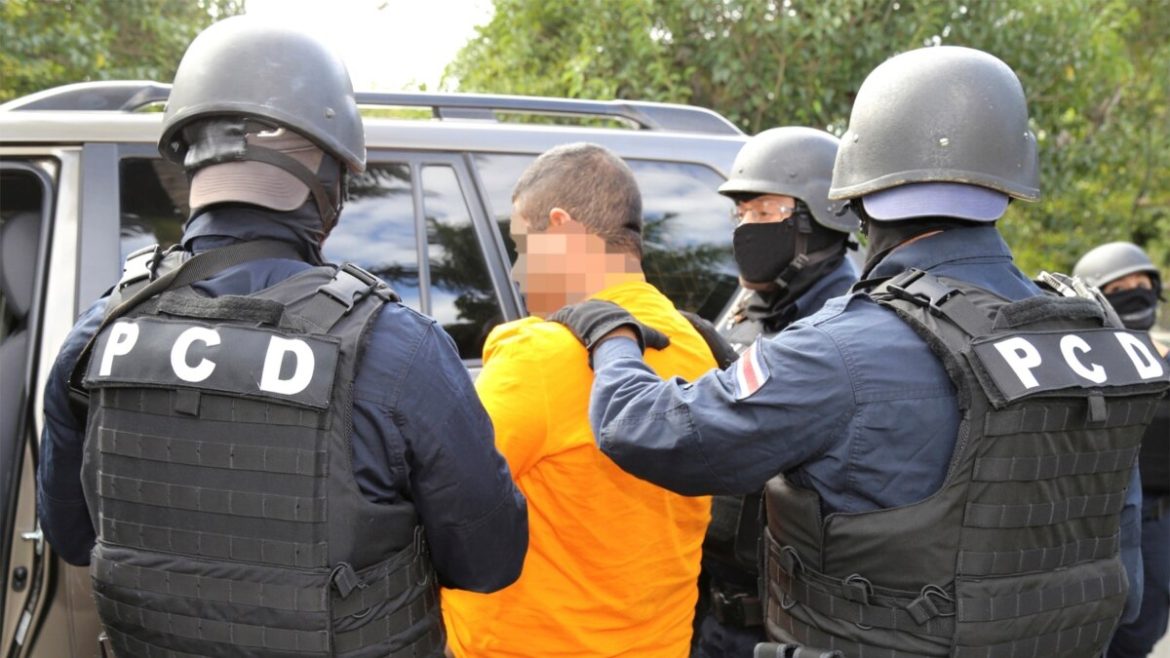Costa Rica is at a crossroads, facing a soaring crime rate that has culminated in a security crisis that seems to worsen by the day. As the idyllic perception of this Central American paradise begins to tarnish under the weight of escalating violence, the nation’s leaders are proposing a series of drastic policy shifts. However, these measures have sparked a debate about their effectiveness and whether they address the core issues plaguing the country.
The Response to Rising Violence
In January, amidst a backdrop of increasing public concern and a series of brutal murders in the city of Limón, the leaders of Costa Rica’s three branches of government convened to devise a strategy. Their solution? A ten-point plan aiming to tighten the screws on crime through enhanced legal measures, including more severe penalties for criminals, the ability to charge minors more aggressively, and stripping naturalized citizens of their citizenship if convicted of drug-related offenses.
A Band-Aid Solution?
Yet, this approach has been met with skepticism. Critics argue that while the measures might temporarily suppress crime rates, they do little to address the underlying socio-economic issues fueling the crime wave. Experts have pointed out that without tackling the country’s budget constraints, which severely limit resources for law enforcement and social programs, any attempt to curb crime may be futile.
Inadequate Funding Undermines Law Enforcement
Despite the government’s intentions, the reality for law enforcement officers on the ground is grim. Funding shortfalls mean not only a lack of equipment but also insufficient personnel to effectively patrol and protect. Even with the proposed addition of 700 new officers and the allocation of funds for new patrol cars, budget cuts have left the police force scrambling to cover basic operational needs.
Social Issues at the Heart of Crime
Beyond the shiny facade of policy announcements lies a more disturbing reality. Costa Rica’s educational and social structures are floundering, with a striking number of students dropping out of school and youth unemployment rates skyrocketing. These factors contribute significantly to the increasing delinquency, drawing many young people into the very criminal enterprises the government seeks to dismantle.
The Road Ahead
As Costa Rica grapples with these challenges, the path forward requires a balanced approach that not only strengthens law enforcement but also invests in education, employment opportunities, and community programs. The focus must shift from punitive measures to preventive strategies that address the root causes of crime.
The question remains: Will Costa Rica’s leaders amend their strategy to foster a safer, more prosperous future, or will short-sighted policies continue to undermine the nation’s security and stability?

